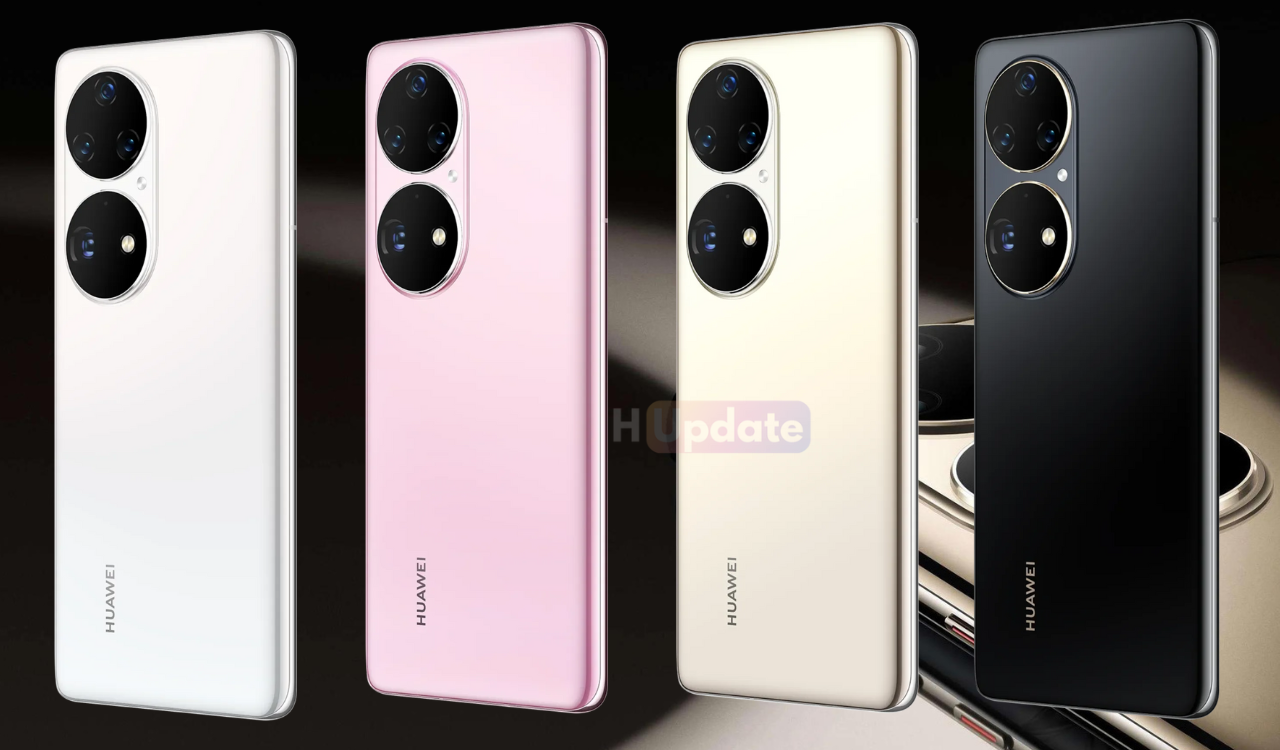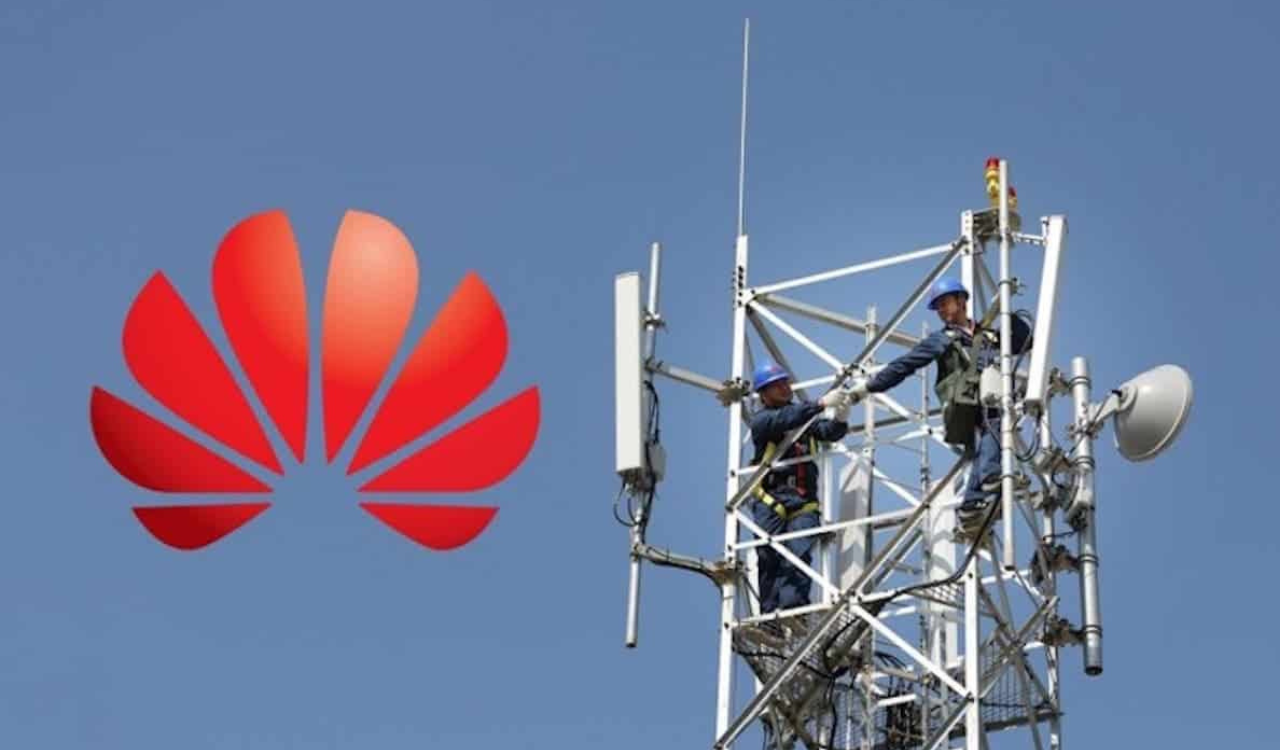Huawei 5G
Strategy Analytics: Huawei is the biggest contributor to 5G standards

According to a Strategy Analytics report, the biggest tech giant Huawei has provided more contributions to end-to-end 5G standards than any other company in the world.
“The leading infrastructure vendors – Huawei, Ericsson, and Nokia – made more significant contributions to 5G standards than other studied companies,” Strategy Analytics’ Sue Rudd said in a statement. “Huawei leads in terms of overall contributions to the end-to-end 5G standards, while Ericsson leads in TSG [Technical Specification Groups] / WG [Working Groups] chairmanship and Nokia in approved/agreed ratio of 5G contribution papers.”
The research firm said it assessed 13 leading companies’ contributions to 3GPP’s 5G standards for Releases 15 and 16, looking at the volume of submissions as well as leadership and working group participation. The firm said that it found Huawei, Ericsson, Nokia, Qualcomm and China Mobile were the top contributors to the standards.
“It is important to remember that the true nature of the standardization process is actually one of industry collaboration rather than competition,” explained Strategy Analytics’ Phil Kendall in a statement. “3GPP standardization continues to be a dynamic process. It is expected that emerging players and new market requirements will increasingly impact priorities for 3GPP Release 17 standards.”
US worries over 5G standards:
That Huawei was the biggest contributor to the 3GPP’s 5G standards will undoubtedly worry US lawmakers and regulators, who for years have argued the company poses a security threat to the nation. Huawei denies those allegations.
“We must have a vocal presence at the standards bodies that are defining the rules for 5G. We have been woefully absent and need to make participation a priority,” wrote Mike Rogers. Rogers is a former US representative who co-authored the 2012 US government report initially outlining the security threats posed by Chinese equipment vendors like Huawei and ZTE.
“We need to work with our allies to staunch the spread of Huawei and other Chinese companies owned by the state. We need to better communicate what Chinese dominance of 5G means. This is something we have not successfully done, as shown by Britain deciding to allow Huawei into certain elements of the 5G network,” Rogers added.
Android
Astronauts took the Huawei P50 Pro to space

Recently, Chinese astronauts have taken the flagship Huawei P50 Pro to space initiated to share some selfies of up there….!! Huawei P50 Pro smartphone in space is just rock, specifically for the International Space Station (via Huawei Central). The dual camera ring design of the phone is clearly visible in the images. As a Chinese astronaut shared some pictures from the Space Station. Which showcased the P50 Pro in his hand taking the phone there.
Also, the phone is pictured within a controlled atmosphere of the space station. Take it to outer space and it will likely destroy itself with its own heat due to lack of cooling. These images might suggest that the smartphone is capable of functioning even in space, but that is unlikely. Modern smartphones are designed to be used in Earth’s atmosphere. While certain functions like the camera and touch may work. There is no chance for signal reception and calling.
The Huawei P50 Pro runs on HarmonyOS and has a 6.6-inch OLED display with 1.07 billion colors, 120Hz refresh rate, and 2700 x 1228p resolution123. It is powered by a Qualcomm Snapdragon 888 4G processor with 8 CPU cores. Also, a maximum clock speed of 2840 MHz14. It has a 4360mAh battery that supports 66W wired and 50W wireless charging1.
Additionally, it has a quad camera setup on the back with a 50MP main sensor and a 13MP selfie camera on the front1. It is dust and water-resistant up to 1.5m for 30 minutes3. Also, it measures 158.8 x 72.8 x 8.5 mm and weighs 195g235. It comes in black and gold colors.


Huawei 5G
Huawei Recognized as a Customers Choice in 2023 Gartner Peer Insights

In the Gartner Peer Insights Voice of the Customer for Primary Storage for its OceanStor Dorado all-flash storage, Huawei was recognized as a 2023 Customers’ Choice. That too with a 100% user recommendation rate and a full score of 5.0 based on 214 reviews, Huawei steal the heart of customers.
Showcasing the Huawei OceanStor Dorado all-flash storage played a part in the evaluation process. Covering industries from a wide range of economic sectors, including telecommunications, manufacturing, services, and so on, the product was reviewed by hundreds of customers worldwide in various regions.
Over 150 countries and regions including Latin America, Europe, Africa, the Middle East, and Asia-Pacific, Huawei OceanStor Dorado all-flash storage is now utilized. Where it provides reliable services to industries such as finance, telecommunications, government, and public utilities.
Huang Tao, President of Huawei All-Flash Storage Domain, is convinced.
“We are grateful for the global community’s continued support and recognition, as Huawei’s primary storage is once again regarded as a ‘Customers’ Choice’. We believe this recognition is the highest form of affirmation from our valued clients, and it serves as a driving force fueling our persistent efforts towards further improvements.”
“In our commitment to innovation, we will focus on crucial aspects such as reliability, ease of use, and security, while continuously investing in technologies to offer our clients more efficient, stable, and intelligent storage solutions that accelerate their digital transformation.”

Huawei 5G
US required more money to get rid of Huawei equipment

The cost of removing the Huawei equipment has risen since Huawei and ZTE have been declared as national security threats due to the practice of spies. The US wants to completely spare Chinese tech giant equipment from the county while campaigning to get rid of them.
The US imposed sanctions on Huawei equipment in 2019. The FCC was granted $1.9 billion in funding to help carriers replace Huawei and ZTE equipment with alternatives, in 2021. In the present year, it is estimated that the US needs more money to completely fulfill the job. i.e. another 3.08 billion dollars to bring the project to completion.
Why does America need more money to get the job done?
The US will spend a total of 5 billion dollars on infrastructure replacement if additional costs do not appear in between. The compensation is for carriers with more than two million users, in the first line. However, due to the lack of funds, the FCC decided to set priorities.
The US is also pressurizing European countries to do the same, apart from the fact that the US having a lack of funds in the same stream. So far, only Sweden and the UK have obeyed. Other countries continue to do business with Chinese companies, and currently, 41% of European 4G infrastructure relies on Huawei technology. The complete replacement of Huawei infrastructure will last until 2027 as later predicted.
What about other countries?
Following the US sublines some EU countries decided to go their own way despite the fact that the US needs more money to get rid of Huawei. Germany, Poland, Portugal, and Austria continue to use Huawei equipment for the 5G network as well.
Berlin rais hand to be self decision-maker in the line, about whose equipment it will opt for. Meanwhile, they’ll not give in to American pressure. As other the recent report disclose that the operator Vodafone in Germany alone would spend 2.8 billion euros to replace Huawei’s equipment.
















